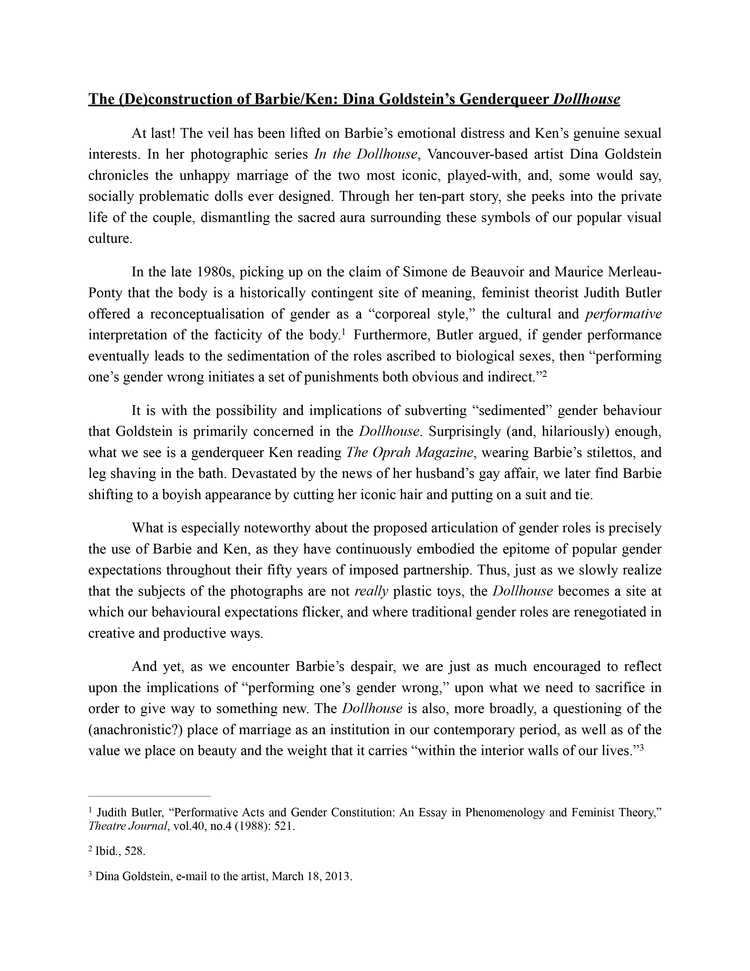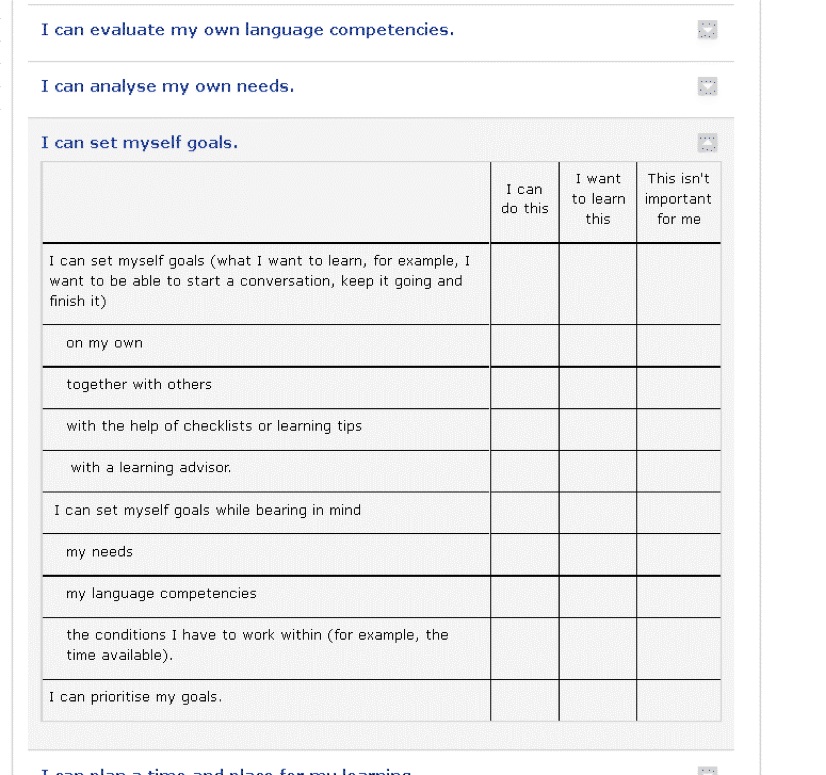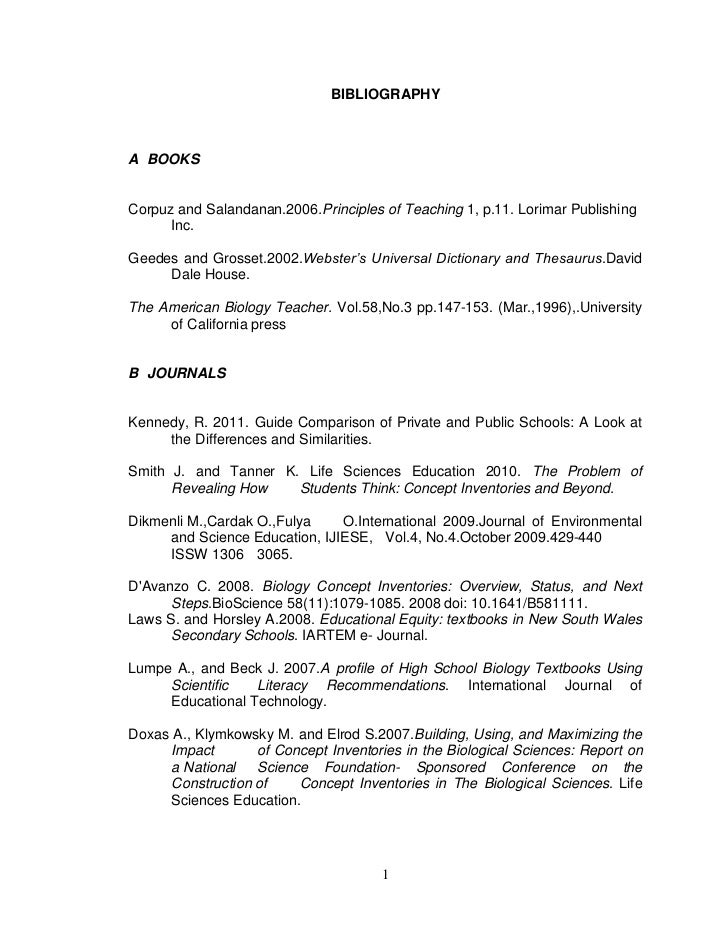George Steiner Critical Essays - eNotes.com.
Very rarely am I this pleasantly surprised when my expectations are disappointed. Here's what happened: I checked out The Death of Tragedy because I wanted a book that would give me a solid overview of Greek tragedy. Something like, say, Greek Tragedy by HDF Kitto. I got that for the first ten pages.Is tragedy possible in the modern era? In his book The Death of Tragedy (1961), George Steiner takes the view that Ibsen's social-realist plays in prose, such as A Doll's House and Ghosts, in effect killed off tragic drama: “Tragedy speaks not of secular dilemmas which may be resolved by rational innovation, but of the unaltering bias toward inhumanity and destruction in the drift of the world.Essay Analysis Of Disenchantment By Catherine D. Chatterley. Chatterley visits the life of George Steiner and his works throughout the years. George Steiner spent his life exploring the arts of the language and its uses to explain different human phenomena. This essay will examine Steiner’s theory of antisemitism and his understanding of the.
Born in Paris in 1929, George Steiner was educated in France, the USA and Britain. After a Rhodes Scholarship to Balliol, he joined the editorial staff of The Economist in 1952. In 1956 he was elected a member of the Institute for Advanced Study in Princeton. There he wrote Tolstoy or Dostoyevsky (1960) and began The Death of Tragedy (1961).The Death of Tragedy introduced the Steiner themes of language and its ethical defeat by modern history, and by the Shoah in particular. It is deeper in historical range and bolder in philosophical analysis than Isaiah Berlin’s The Hedgehog and the Fox (1953), a superiority which Steiner had already demonstrated by trampling on Berlin’s turf in Tolstoy or Dostoevsky (1959).

Buy The Death of Tragedy by George Steiner (ISBN: 9780195027020) from Amazon's Book Store. Everyday low prices and free delivery on eligible orders.











